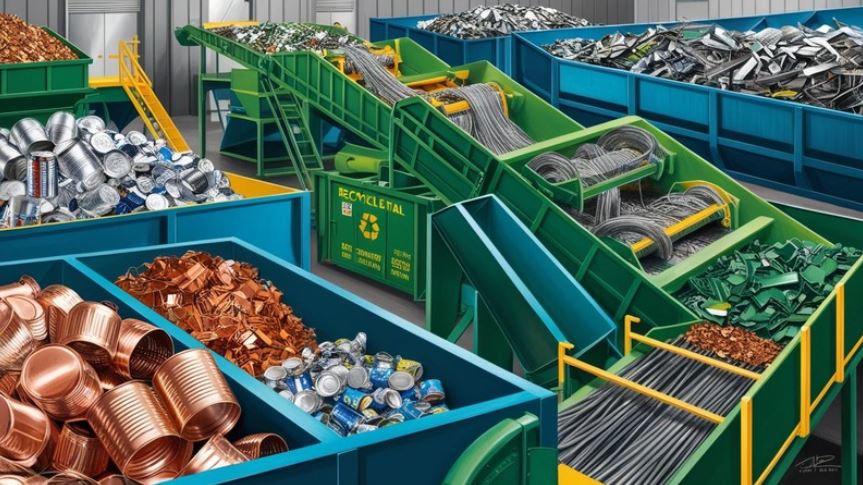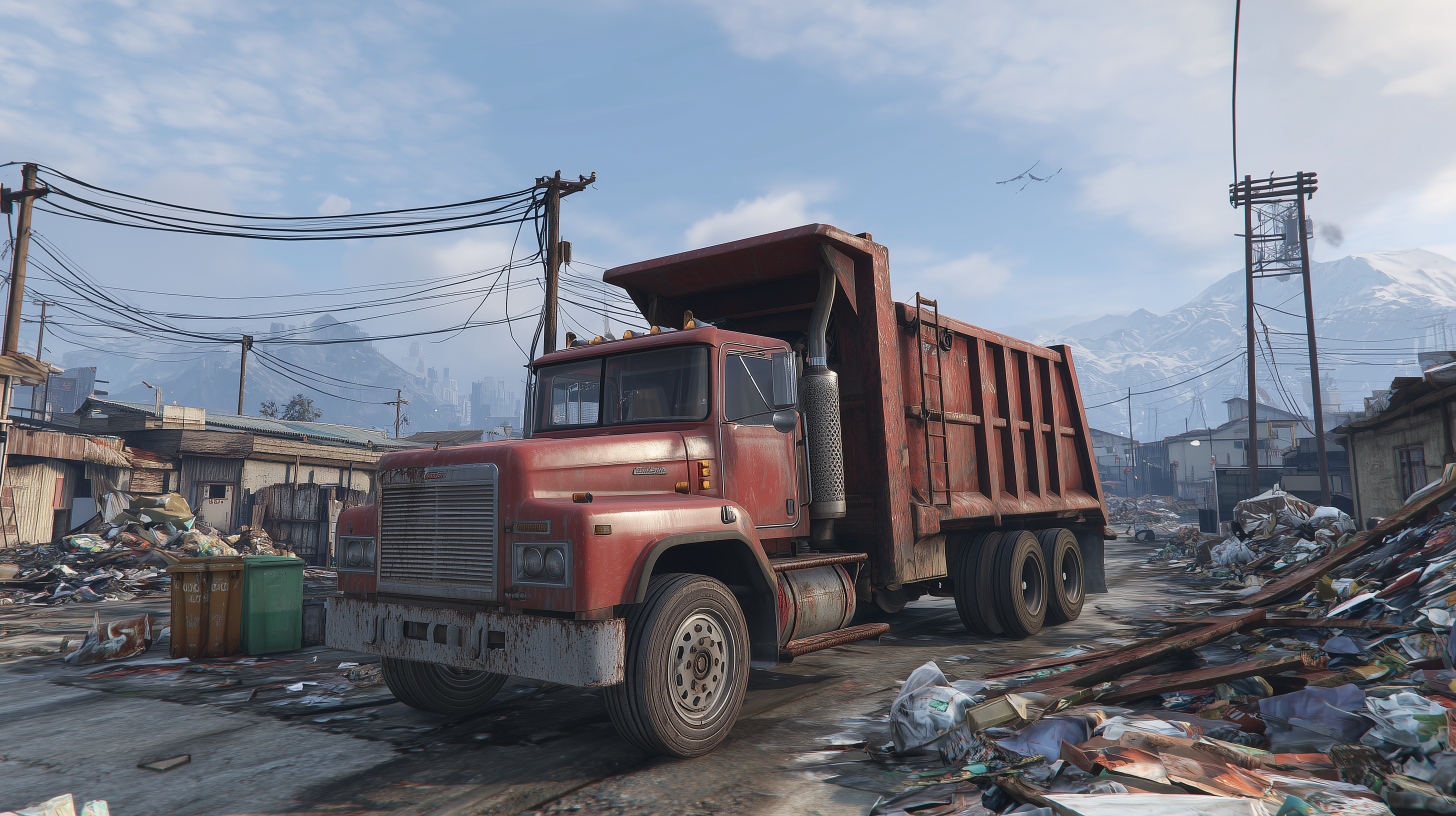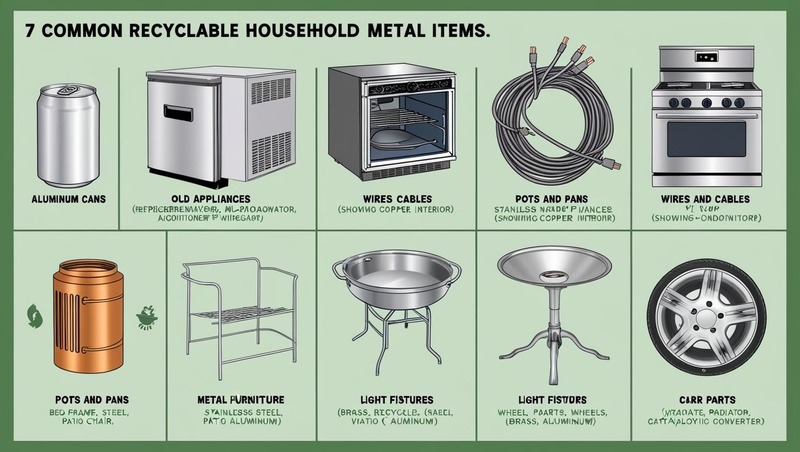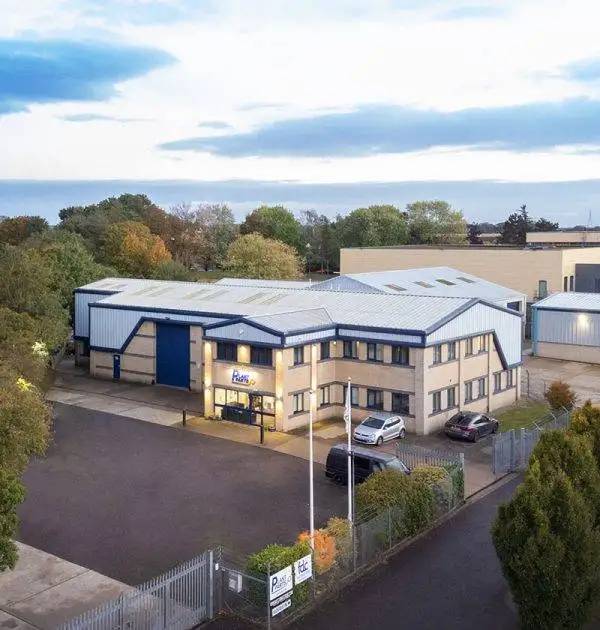
The recycling of metal may seem like a modern-day effort, but its roots run surprisingly deep in human history. For thousands of years, people have been repurposing metals to conserve resources, cut costs, and create new tools and items. From ancient civilizations to today’s high-tech recycling facilities, here’s a journey through the fascinating history of scrap metal recycling.
1. Ancient Beginnings: Bronze and Copper
The first known recycling efforts trace back to ancient civilizations like the Egyptians, Greeks, and Romans. Bronze and copper were precious resources, used to create everything from weapons to household goods. Instead of letting these valuable metals go to waste, people would melt down old tools and weapons to create new items, preserving these limited resources and reducing the need for new mining.
2. The Middle Ages: Iron and Blacksmithing
During the Middle Ages, iron became an essential metal, thanks to its use in armor, tools, and construction. Blacksmiths would often recycle scrap iron to create new items, a practice that reduced costs and allowed for efficient use of limited materials. Metal was hard to come by, so blacksmiths made it a point to reuse and reshape existing pieces whenever possible.
3. The Industrial Revolution: Mass Production and Scrap Metal Demand
The Industrial Revolution brought about a massive surge in metal use and the birth of the modern scrap industry. Factories needed iron and steel for machinery, construction, and transportation, leading to an increased focus on metal recycling. Scrap yards became common as industries realized the cost benefits of reusing metal rather than relying solely on mined resources.
4. World War Efforts: Conservation and Recycling Drives
During both World Wars, metal recycling became a matter of national urgency. Governments encouraged citizens to collect and donate scrap metal for the war effort, as the demand for materials was high. People would donate household items, like pots and pans, to be melted down and transformed into tanks, ships, and other military essentials. Recycling became a patriotic act, helping to fuel the fight overseas.
5. Modern Day: Advanced Recycling Techniques and Sustainability
Today, scrap metal recycling has evolved into a highly efficient industry, driven by sustainability and technology. Advanced sorting equipment, like magnetic separators and shredders, allow for faster and more precise processing of metals. The industry now encompasses a vast range of metals – from aluminum cans to car parts – with an emphasis on reducing landfill waste and conserving natural resources.
6. The Rise of E-Waste Recycling
With the explosion of electronic devices, e-waste recycling has become a critical part of the scrap metal industry. Electronics contain valuable metals like gold, silver, and palladium, making them essential to modern recycling efforts. E-waste recycling not only conserves these precious metals but also prevents harmful components from contaminating the environment.
7. Green Technologies and Metal Reuse
As green technologies become more prominent, the demand for recycled metals has grown. Renewable energy sources, such as wind turbines and solar panels, require substantial amounts of metal. Recycling allows these metals to be reused, supporting the development of sustainable technology and reducing reliance on newly mined materials.
8. Environmental Legislation and Industry Standards
In recent decades, governments have introduced environmental regulations and industry standards to promote recycling and reduce pollution. Many countries now have strict guidelines on how scrap metal should be processed, leading to cleaner practices and greater transparency in the industry. These standards support sustainability efforts while ensuring recycled materials are safe and ready for reuse.
9. The Economic Impact of Recycling
Today’s scrap metal industry is a major contributor to the global economy, creating jobs, lowering production costs, and supporting other industries. From construction to electronics, recycled metal is an essential part of countless products. With both economic and environmental benefits, scrap metal recycling is now recognized as an integral part of a sustainable economy.
10. The Future of Scrap Metal Recycling
Looking ahead, the future of scrap metal recycling is filled with innovation. With advancements in AI sorting technology, eco-friendly processing, and global collaboration, the industry is poised to become even more efficient. As the world’s demand for sustainable resources grows, the role of recycling in conserving metals and supporting green technology will only become more critical.
Conclusion
From ancient bronze tools to high-tech recycling facilities, the history of scrap metal recycling reflects humanity’s ongoing commitment to resource conservation. As technology and environmental awareness evolve, so too does the recycling industry, now recognized as a pillar of sustainability and economic growth. By continuing to recycle metals, we honor this legacy and contribute to a cleaner, more resource-efficient future.


